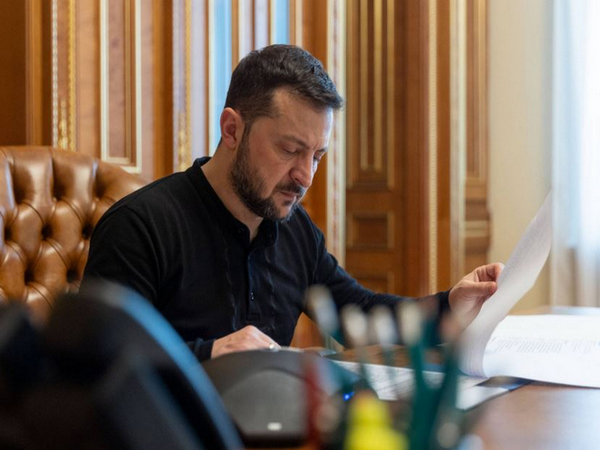Embassies in Kyiv Close Amid Threat of Airstrikes
The U.S., Italian, Spanish, and Greek embassies in Kyiv have closed temporarily amid reports of potential air attacks. This decision follows increasing tensions between Russia and Ukraine as air raid sirens were activated in Kyiv. The conflict marks 1000 days since Russia's full-scale invasion.

- Country:
- Ukraine
The United States has closed its diplomatic mission in Ukraine's capital, Kyiv, after receiving information regarding a potential airstrike threat, Al Jazeera reported. Similarly, the embassies of Italy, Spain, and Greece have also decided to remain closed as air raid sirens echoed overnight, according to CNN.
This precautionary measure coincides with the heightened conflict between Russia and Ukraine, with Ukraine observing the 1000-day mark since Russia's invasion began on February 24, 2022. The Greek Embassy cited security reasons for its closure, while Spain's decision followed reports of a significant airstrike threat, reported by CNN citing EFE.
The Italian Embassy confirmed its closure in response to a high-intensity airstrike warning highlighted by the U.S. Embassy, emphasizing its continued operational status despite public closure. On the contrary, Israel announced its embassy in Kyiv would remain open, as affirmed by Israeli Ambassador Michael Brodsky to the Times of Israel.
Further escalating the conflict, Ukraine reportedly fired six American-made ATACMS missiles at Russia's Bryansk region, with Russian defenses intercepting five. The incident, timed with President Joe Biden's decision to allow deeper missile strikes into Russia, has drawn sharp Russian criticism, viewing it as a direct escalation involving the U.S.
Russia's Foreign Ministry detailed the attack on social media, noting the defense systems' response. Foreign Minister Sergey Lavrov labeled the missile deployment as a new phase in the Western confrontation with Russia, signaling potential repercussions.
(With inputs from agencies.)
ALSO READ
Drone Skirmishes on the Russia-Ukraine Border: The Night Assault on Bryansk
U.S. Greenlights Ukraine's Use of ATACMS Missiles Against Russia
Escalation in Ukraine Conflict: US Missiles Target Russia's Bryansk
Kyiv Launches Strategic Strike Using U.S. ATACMS Missiles
Russia's military says Ukraine fired 6 US-made ATACMS missiles at Russia's Bryansk region overnight, reports AP.









